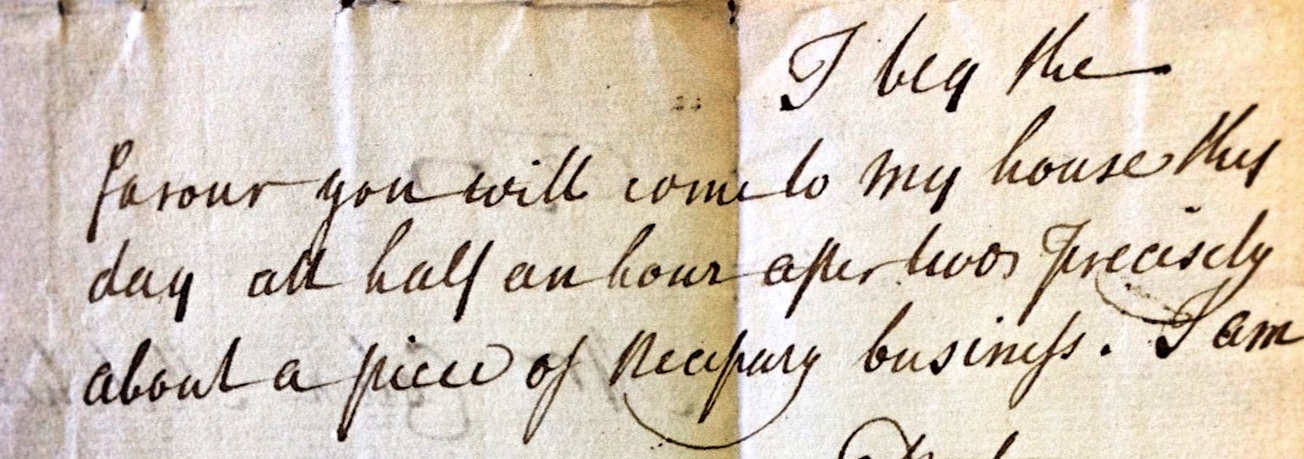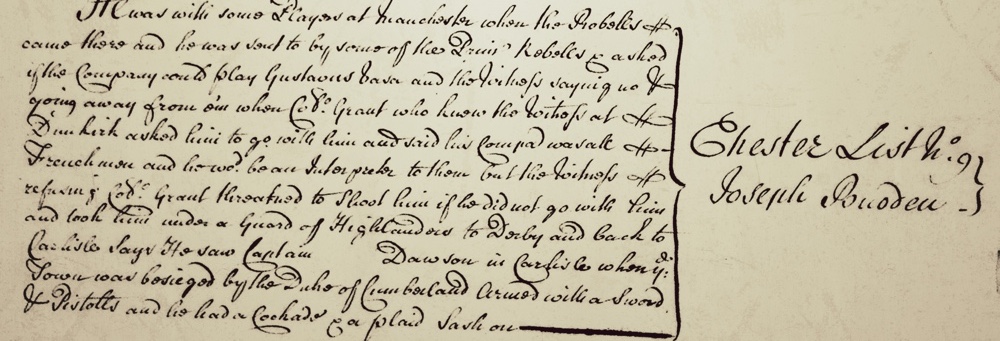As Sheilings are only Sheds made in the hills to Herds, for herding Cattle in the Summer time, and not habitable in the Winter; consequently they are of no Importance; therefor it is required they may be destroyed and thrown down by the owners, so as they be no shelter to the Rebels; and that the owners may not plead Ignorance thereafter, and what ever houses have been burnt and destroyed are not to be rebuilt, without a Sign’d Order from the General or Commander in Chief. 1
Within the extensive annals of the Montrose Muniments at the NRS are three bundles of extremely interesting letters and lists that collectively provide a visceral, microcosmic snapshot of the last Jacobite rising in Scotland. After seeking permission directly from the standing duke of Montrose, for the past seven years I’ve been taken with transcribing the contents for inclusion within the database. During that time, the content has also provided some poignant content for my doctoral thesis, numerous lectures, and a forthcoming journal article.
Much of what is contained within these bundles highlights the uncomfortable predicament in which the then 2nd duke found himself: trying to maintain and defend the lives and homes of his contracted tenants – whether Jacobite or not – while upholding his duties and loyalties to the Georgian government of Britain, even through its heavy-handed tactics of rebel-purging after Culloden. In addition to some extremely tense back-and-forth correspondence between Montrose’s estate of Buchanan and the British military authorities based in Fort Augustus, the collection also contains lists of suspected rebels, declarations both for and against accused persons, and records of depredations carried out by King George’s troops throughout Montrose’s lands in the summer of 1746.







